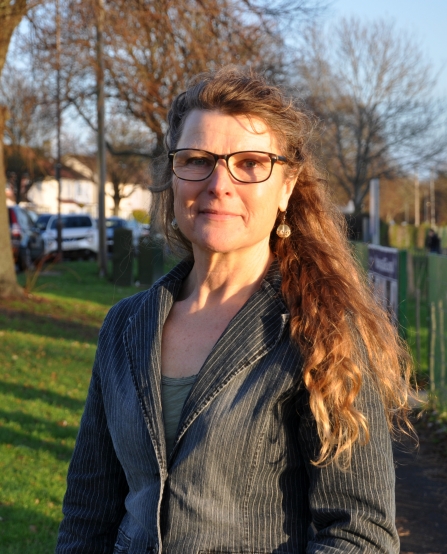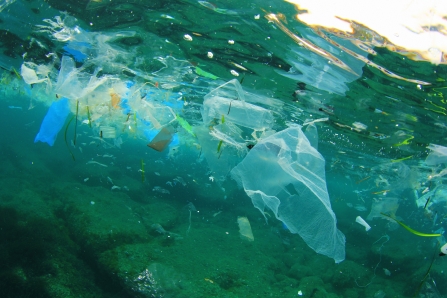
Trudi Lloyd Williams © HIWWT
The presence of plastics in the marine environment poses a threat to both people and wildlife: animals can become entangled in litter or mistake it for food, and over time larger items break down into microplastics that affect smaller organisms. The full impact of these microplastics on the food chain, including species we catch for food, remains unknown.
So we're delighted to be collaborating with local artist Trudi Lloyd Williams to create a sculpture from plastic marine litter, as part of our National Lottery Heritage Fund-supported project Secrets of the Solent.

